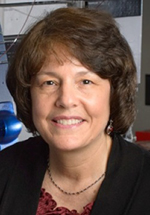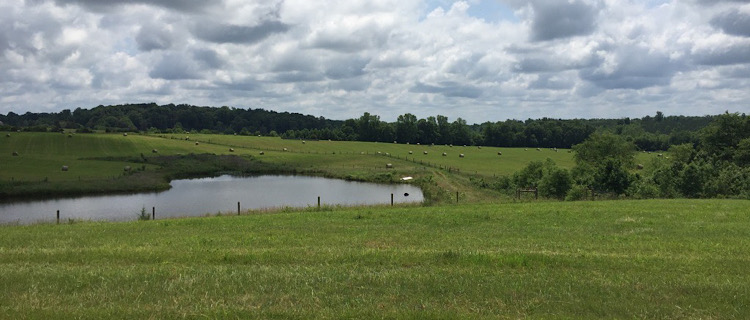
These chemicals persist in the environment — meaning they are slow to breakdown and, so, remain chemically active. There is evidence that exposure to PFAS can lead to adverse health outcomes in humans. It’s essential these concerns require a collaborative and scientifically driven response by legislators, regulators, and drinking water, wastewater, and solid waste agencies to manage PFAS.
Drinking water treatment systems, water resource recovery facilities, and municipal solid waste landfills are not “producers” or users of PFAS; none of these essential public service providers utilize or profit from PFAS chemicals. The VBC and its members support actions and research to support the development of sound and safe regulations intended to ensure delivery of those services as long as they are based on credible science.
Recently some VBC municipal utility members supported the application of two research projects that will help our understanding of PFAS and municipal wastewater recovery operations and biosolids, a byproduct of that process.
“The goal of this proposed research is to address PFAS reduction as well as understanding the breadth of different PFAS coming into our treatment systems and their subsequent fate and transport.
 “All of this work, we hope, will provide a clearer understanding about our ability to recycle biosolids to avoid additional and unnecessary landfilling or incineration, which has its own environmental and societal challenges,” said Dr. Linda Lee of Purdue University.
“All of this work, we hope, will provide a clearer understanding about our ability to recycle biosolids to avoid additional and unnecessary landfilling or incineration, which has its own environmental and societal challenges,” said Dr. Linda Lee of Purdue University.
A research proposal led by Purdue University and Dr. Lee and with support from a number of other significant research institutions is intended to address key gaps in understanding of the occurrence and fate of PFAS in rural landscapes and agricultural operations and their impacts on rural water supplies and agricultural products.
As proposed, this research includes evaluating PFAS fate, transport and crop uptake in two site-specific field studies – one involving spray-irrigation of effluent and the other involving land-applied biosolids, which also includes assessing if co-application at the field-scale of biosolids-based biochar or water treatment residuals with typical biosolids will reduce overall PFAS mobility.
This work requires a combination of field, laboratory and modeling activities, and include an assessment of rural water supplies for in Virginia, Pennsylvania and Indiana. Additionally, it will include two in-depth field studies, including one potentially in Virginia on Hampton Roads Sanitation District’s Progress Farm, where test mitigation of PFAS leaching with sorbents such as water treatment residuals may occur. For more than 30 years HRSD has been cooperating with Virginia Tech scientists and others to research the environmental safety of biosolids on its Progress Farm. Click here for more information on Progress Farm.
“Research is vital to understanding and reinforcing that the beneficial use of biosolids, whether it’s produced to Exceptional Quality (Class A) or Class B standards,” said Jamie Heisig-Mitchell of HRSD, current President of VBC. “Research also provides the essential foundation of regulations that guide this beneficial use, which is why this research is both timely and vital.”
